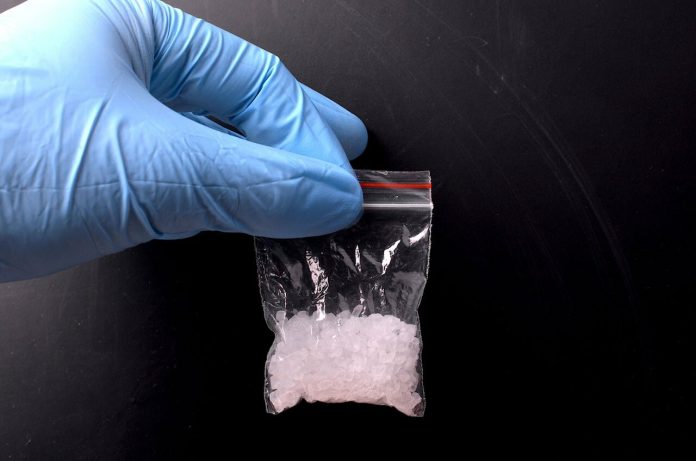BY RITA OYIBOKA
The founder of Diamond Psychiatrist Hospital in Ogwashi-Uku, Aniocha South Local Government Area of Delta State, Dr. Ogbogodor Ogumu, cautioned youths over the dangers of drug abuse, particularly the use of crystal methamphetamine, popularly known as “ice.”
This follows the recent declaration by the National Agency for Food and Drug Administration and Control (NAFDAC), which disclosed that an alarming 14.3 million Nigerians are victims of drug abuse or struggling with drug addiction.
Speaking in an interview, Dr. Ogumu, who is also the Chairman of the Delta State Traditional Medicine Board, lamented the growing trend of drug addiction among young people, describing it as a silent epidemic destroying futures across the country.
“My advice to the youth is simple: stop smoking crystal methamphetamine, popularly known as ice. There’s something they now call ice. They mix it with soft drinks. Then they use a pipe, pour some on a plate, and begin to inhale it directly into their brain,” he said.
Ogumu revealed that his psychiatric facility currently accommodates 172 patients, all battling conditions rooted in substance abuse. He said the majority of cases involve addiction to Indian hemp, also called Igbo, while others suffer mental disorders stemming from spiritual and behavioural consequences.
“Most of them are hooked on Igbo. Some can’t function without it. Others have man-made mental illnesses, meaning they brought them upon themselves. Some stole or cheated others, and those they offended placed curses on them. That’s how some ended up mentally unstable,” he explained.
He warned that drug abuse not only damages the brain but also opens doors to spiritual afflictions, social isolation, and long-term institutionalisation. “I strongly advise young people to stop taking drugs, Indian hemp, ice, and any form of hard substances. Avoid it to preserve your future,” he said.
Ogumu also appealed to parents, teachers, and community leaders to step up vigilance and education at home and in schools, stressing that prevention is far more effective than rehabilitation.


